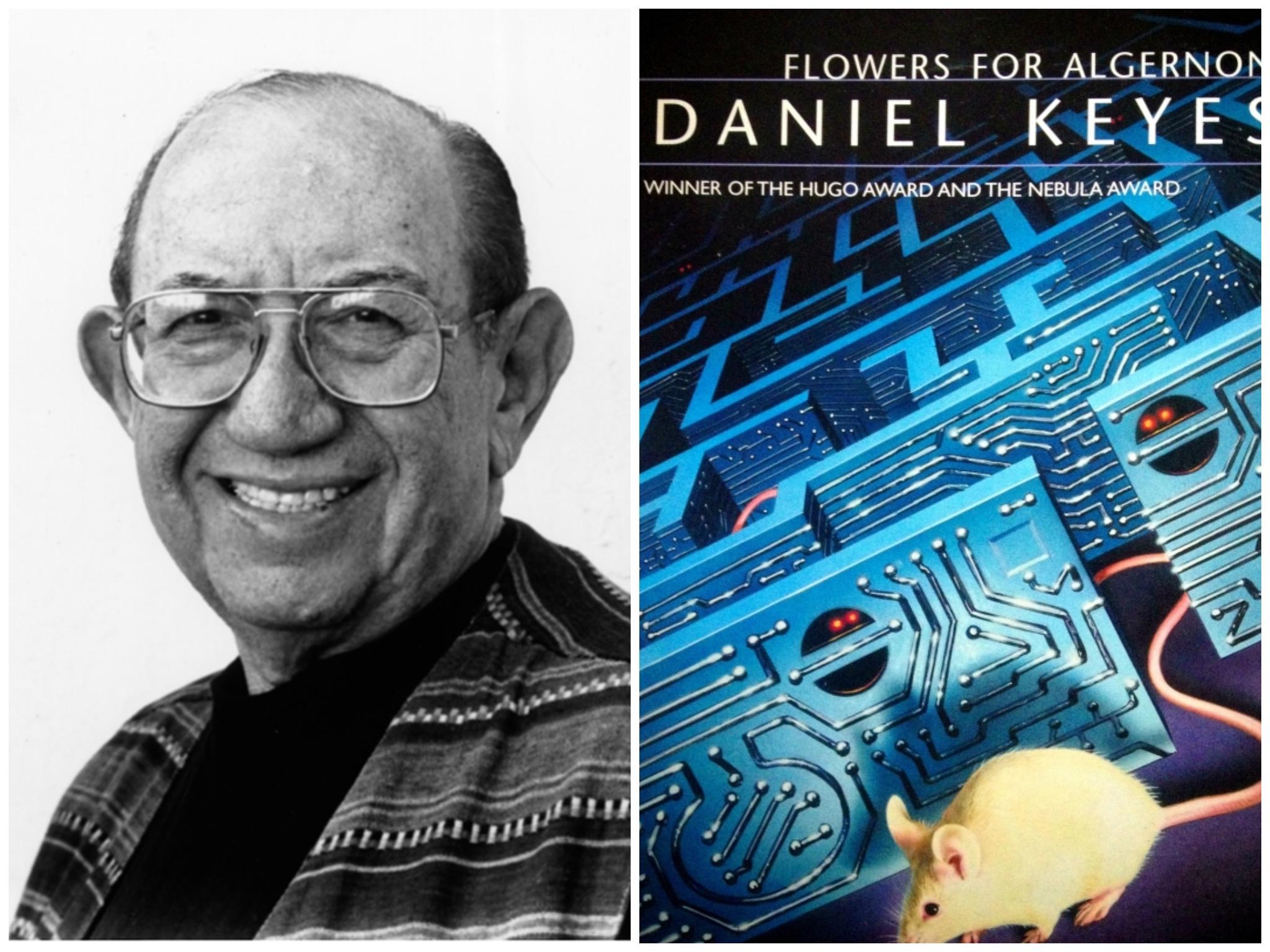
9, 1927, Keyes grew up in a poor family during the Depression. Keyes “has carried it off brilliantly, bringing … not only a fine clarity but a special warmth, and empathy for the victim of circumstances and mental failings that made ‘Flowers for Algernon’ one of the most memorable novels of the 1960s.”īorn in New York City on Aug. “The challenge of first unearthing this story … and then telling it intelligibly was a daunting one,” Washington Post critic Joseph McLellan wrote in 1981 about the Milligan book. Most of Keyes’ subsequent novels and nonfiction work delved into mental illness, including “The Minds of Billy Milligan,” a 1981 Book of the Month Club selection that was the true story of an Ohio rapist who was found not guilty by reason of insanity after a precedent-setting defense that established that he had multiple personality disorder. The most famous adaptation, however, was the 1968 movie “Charly,” which starred Cliff Robertson in an Academy Award-winning performance. It also inspired numerous adaptations, including a 1980 Broadway musical and a 2000 TV movie starring Matthew Modine.

“Flowers for Algernon” brought Keyes some of the highest honors in science fiction: the Hugo Award for the 1959 short story and the Nebula Award for the novel.

“Today I’m finding it incredibly poignant that Charlie’s last expressed wish in both the short story and the novel is that someone put flowers on Algernon’s grave.” “I was deeply moved and always in awe of the way Keyes used subtle changes in voice to illustrate the mutating nature of Charlie’s intelligence,” Steven Gould, president of the Science Fiction & Fantasy Writers of America, said this week.


 0 kommentar(er)
0 kommentar(er)
